184
Spring villages in Europe are clean as glass, and our darker clouds
"Why Europe is clean and ours is dirty," a man asks himself, watching a familiar picture year after year. After all, in the snowy winter we have, wherever you look, beauty is indescribable. Such views open before your eyes that at least paint. And it will warm, spring will come, everything will melt, and so much dirt will appear that you will not pass and pass.
Why is it different abroad? Does anyone there know? secret rules of cleanliness and orderWho helps us achieve such amazing results? That cities are clean, and even villages are orderly.
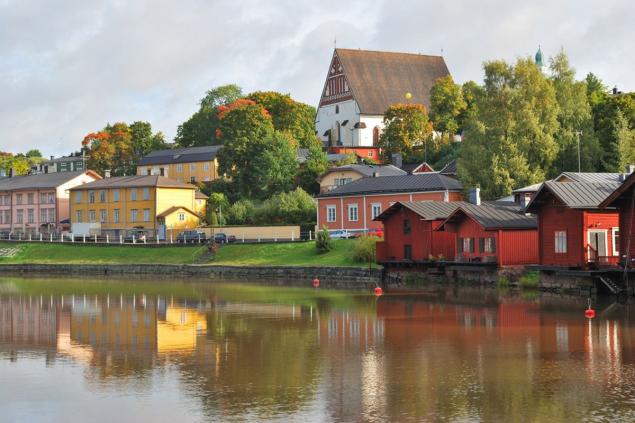
The rules of cleanliness and order “Purely not where they clean, but where they do not litter” can be heard as an excuse from some official who, among other things, is responsible for cleaning the streets. We hear this phrase more and more often. It seems that more and more people actually believe these words. But is it true that they are not littered in developed countries?
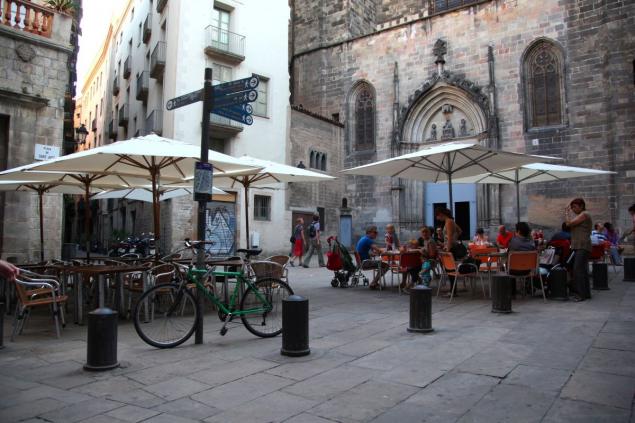
After all, the inhabitants of the same Europe do not eat ragweed, which means they leave the products of their vital activity. And tourists here from different parts of the world enough. And the idea of purity in such visitors can be very different.
As a result, garbage appears. But then just as quickly disappears, and the streets get clean again. This is because the system of maintaining cleanliness and order in the streets is well organized.
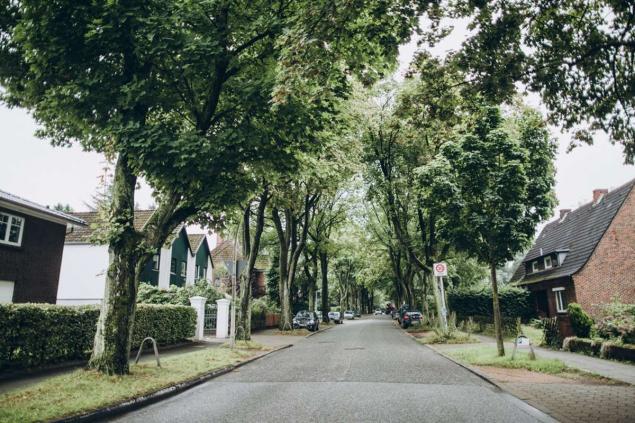
Of course, no system would have worked if the locals had not been encouraged to keep clean. There are garbage cans on every corner. Separate waste collection has become a common norm.
And everyone who throws this garbage is sure that everything will be recycled. And they will not be taken out of the city and dumped in a huge pile, which then, perhaps, will also burn, exuding unpleasant smells on all nearby settlements.
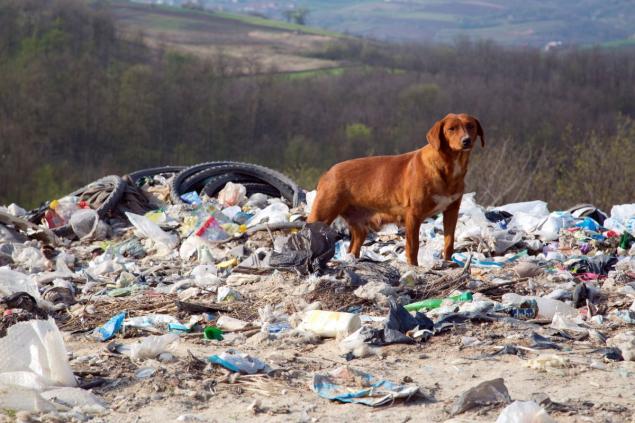
It is worth noting the strict legislation that helps to maintain cleanliness. The same Austrian cannot leave a can of soda in a public place. He can't even throw a cigarette butt under his feet. First of all, he's not that educated. Secondly, he is not rich enough to pay a fine of 90 euros for such antics! It really hits your pocket.
If you’re British and throw a wrapper out on the street, or your dog has “done his little thing” in a public place, then part with 80 pounds. And if they brought more harm to the environment, the fine will increase significantly. And you need to pay for everything within two weeks, otherwise new problems will begin, the penalty will increase.
The size of fines is different, but the essence of such a policy is the same everywhere: garbage – the state creates big problems for you. And understanding that being a cultured person is beneficial comes naturally. And even foreigners, faced with the system and paying one or two fines, quickly adopt the local love of cleanliness.

But how is it possible to maintain order even where there are very few people, in the villages? The first thing to note is the availability of quality roads. It can be either asphalt, or paving stones, or some sand connection with adhesive components. But the main thing is that such a road is slightly raised 5-10 cm above the ground, and the drainage channels work as they should, no one fills them with garbage. Therefore, no rain is terrible.
A milder climate also plays a role. And the system of punishment can reach even the residents of the most remote village. We have a man bring a car of building material, unload on the street by the fence, and no one is outraged. On the contrary, they will praise that a person started a construction project, does not sit still, turns.
And in conditional Germany, the relevant authorities on the same day will issue a fine to the “beginning builder” of 1,500 euros, and a couple of thousand will demand for environmental damage. And then they will find a supplier of building materials and they will pay him a considerable fine. It won't be profitable.
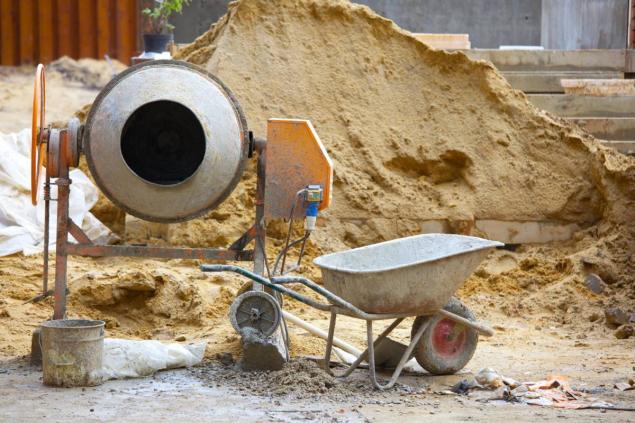
As you can see, purity and order are quite understandable nature. There are working systems, and the habits of local residents, and fines (which keep everything in working order). But is it possible to do something similar here? Should I?
Why is it different abroad? Does anyone there know? secret rules of cleanliness and orderWho helps us achieve such amazing results? That cities are clean, and even villages are orderly.

The rules of cleanliness and order “Purely not where they clean, but where they do not litter” can be heard as an excuse from some official who, among other things, is responsible for cleaning the streets. We hear this phrase more and more often. It seems that more and more people actually believe these words. But is it true that they are not littered in developed countries?

After all, the inhabitants of the same Europe do not eat ragweed, which means they leave the products of their vital activity. And tourists here from different parts of the world enough. And the idea of purity in such visitors can be very different.
As a result, garbage appears. But then just as quickly disappears, and the streets get clean again. This is because the system of maintaining cleanliness and order in the streets is well organized.

Of course, no system would have worked if the locals had not been encouraged to keep clean. There are garbage cans on every corner. Separate waste collection has become a common norm.
And everyone who throws this garbage is sure that everything will be recycled. And they will not be taken out of the city and dumped in a huge pile, which then, perhaps, will also burn, exuding unpleasant smells on all nearby settlements.

It is worth noting the strict legislation that helps to maintain cleanliness. The same Austrian cannot leave a can of soda in a public place. He can't even throw a cigarette butt under his feet. First of all, he's not that educated. Secondly, he is not rich enough to pay a fine of 90 euros for such antics! It really hits your pocket.
If you’re British and throw a wrapper out on the street, or your dog has “done his little thing” in a public place, then part with 80 pounds. And if they brought more harm to the environment, the fine will increase significantly. And you need to pay for everything within two weeks, otherwise new problems will begin, the penalty will increase.
The size of fines is different, but the essence of such a policy is the same everywhere: garbage – the state creates big problems for you. And understanding that being a cultured person is beneficial comes naturally. And even foreigners, faced with the system and paying one or two fines, quickly adopt the local love of cleanliness.

But how is it possible to maintain order even where there are very few people, in the villages? The first thing to note is the availability of quality roads. It can be either asphalt, or paving stones, or some sand connection with adhesive components. But the main thing is that such a road is slightly raised 5-10 cm above the ground, and the drainage channels work as they should, no one fills them with garbage. Therefore, no rain is terrible.
A milder climate also plays a role. And the system of punishment can reach even the residents of the most remote village. We have a man bring a car of building material, unload on the street by the fence, and no one is outraged. On the contrary, they will praise that a person started a construction project, does not sit still, turns.
And in conditional Germany, the relevant authorities on the same day will issue a fine to the “beginning builder” of 1,500 euros, and a couple of thousand will demand for environmental damage. And then they will find a supplier of building materials and they will pay him a considerable fine. It won't be profitable.

As you can see, purity and order are quite understandable nature. There are working systems, and the habits of local residents, and fines (which keep everything in working order). But is it possible to do something similar here? Should I?
Ciabatta without a knead is enough for everyone, if the Italian hostess takes up business
Ancient Slavic way of storing potatoes to do without spoiling the product























